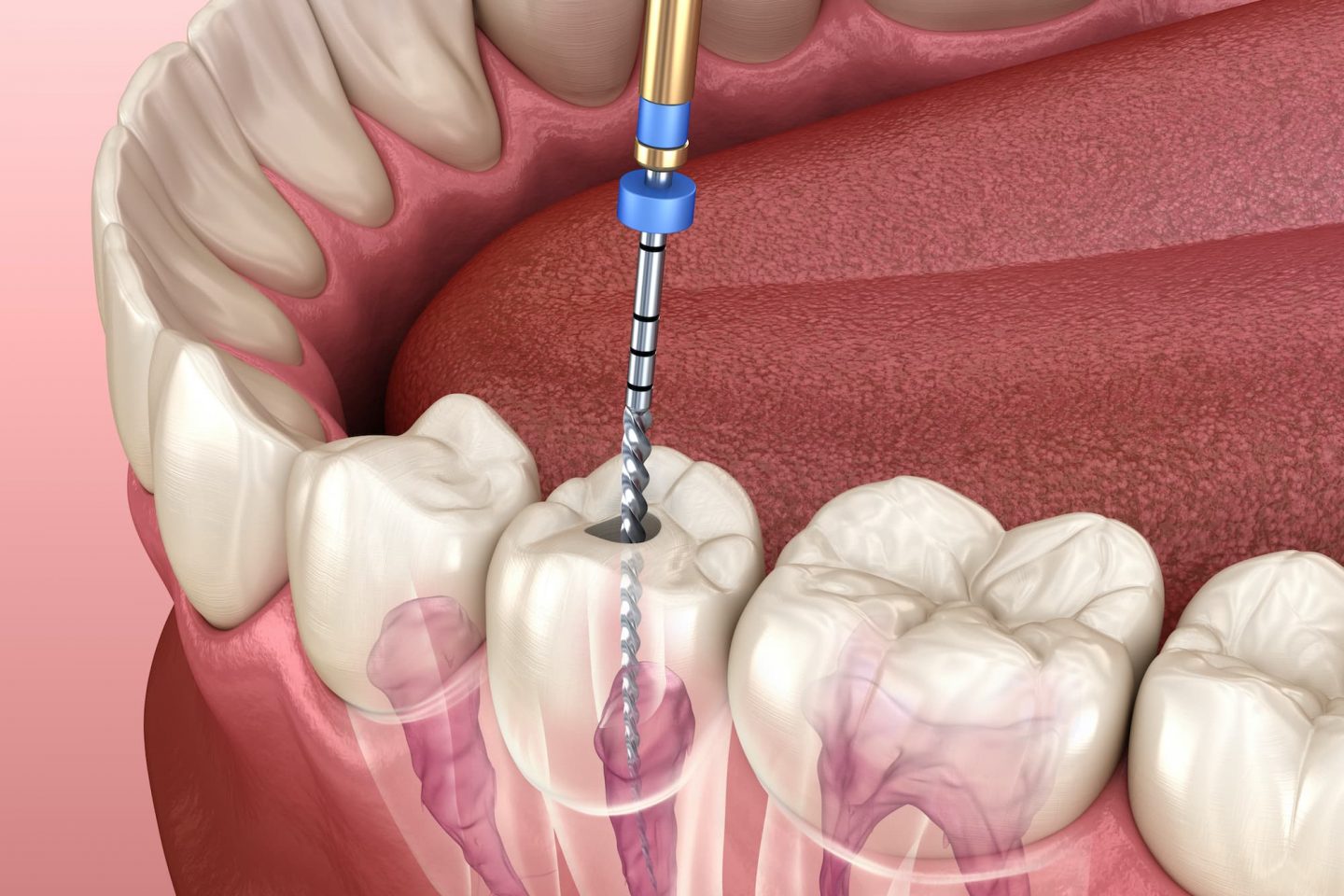Why Saving Your Natural Tooth with a Root Canal is the Best Choice

Strong 8k brings an ultra-HD IPTV experience to your living room and your pocket.
When it comes to dental health, few procedures carry as much misconception as the root canal. For years, it has been the poster child of dental dread—often associated with pain, expense, and uncertainty. But the truth is far from this outdated reputation. A root canal is not only a relatively comfortable and routine procedure today, but it is also one of the best choices you can make when it comes to saving your natural tooth.
Understanding the Root Canal
A root canal treatment is a dental procedure used to treat infection or damage deep inside a tooth—specifically, in the pulp, which houses nerves and blood vessels. When this area becomes infected due to decay, cracks, or trauma, it can lead to severe pain, swelling, and even tooth loss if left untreated.
Rather than extracting the damaged tooth, a root canal allows your dentist or endodontist to clean out the infected pulp, disinfect the inner chambers, and fill them with a biocompatible material. The tooth is then sealed and often topped with a crown to restore its strength and function.
Why Saving Your Natural Tooth Matters
While it may seem easier to simply remove a damaged or painful tooth, preserving your natural teeth is almost always the better long-term option. Here’s why:
1. Natural Function and Aesthetics
Your natural teeth are designed to function in harmony with one another. They support proper chewing, speech, and even facial structure. When a tooth is lost, it can cause the surrounding teeth to shift, affecting your bite and jaw alignment. Even the most advanced dental prosthetics can’t fully replicate the feel and performance of your own teeth.
A root canal helps preserve this natural integrity. Once treated and restored, your tooth can last a lifetime with proper care and routine dental checkups.
2. Prevents Future Dental Complications
Tooth loss is rarely an isolated event. When a tooth is extracted, it creates a gap that can become a breeding ground for bacteria or lead to bone loss in the jaw. Adjacent teeth may begin to shift, increasing the risk of decay, gum disease, and further tooth loss. A root canal, on the other hand, helps maintain the natural alignment of your teeth and the overall health of your mouth.
3. Less Invasive and More Cost-Effective
Many people mistakenly believe that pulling a tooth is a simpler, cheaper solution. But when you consider the long-term costs of tooth replacement options—such as bridges, implants, or dentures—the balance tips in favor of a root canal. Plus, dental implants often require additional procedures like bone grafting or sinus lifts, especially if bone loss has already occurred.
A root canal, while initially more expensive than an extraction, is typically less costly than replacing a missing tooth and requires fewer follow-up procedures.
4. Improved Technology Means Minimal Discomfort
Modern root canals are nothing like the painful procedures of the past. Thanks to advancements in dental technology, imaging, and anesthetics, root canals today are relatively painless and no more uncomfortable than getting a standard filling. The entire process is often completed in one or two visits, and recovery time is minimal.
If you’re experiencing dental pain, choosing a root canal can actually relieve that discomfort faster and more effectively than extraction and prosthetic replacement.
5. Preserving Your Smile and Confidence
Let’s face it—your smile matters. It’s one of the first things people notice, and it plays a big role in how you feel about yourself. Losing a tooth, especially in a visible part of your mouth, can impact your confidence and self-esteem.
By saving your natural tooth with a root canal, you maintain the continuity of your smile. And with the addition of a well-crafted crown, no one will even be able to tell the tooth was ever treated.
When Is a Root Canal the Right Choice?
A root canal is usually recommended when:
You experience prolonged tooth sensitivity to hot or cold
You have severe tooth pain when chewing or applying pressure
The tooth is cracked, chipped, or has deep decay
You notice swelling or tenderness in nearby gums
You develop an abscess or pus near the tooth
Only a dentist or endodontist can determine if a root canal is the appropriate treatment, so don’t delay an evaluation if you're experiencing any of these symptoms. At DANTBATRISA - The Family Dentist, we specialize in providing reliable root canal treatment in Chandkheda Ahmedabad, using the latest technology and a gentle approach to ensure your comfort. Our experienced team is here to help you save your natural tooth and restore your oral health with care and precision.
What Happens If You Delay Treatment?
Delaying or avoiding treatment for an infected or damaged tooth can lead to serious consequences. The infection can spread to surrounding tissue, bones, or even other parts of the body. In extreme cases, untreated dental infections can lead to systemic health issues like cardiovascular problems or sepsis.
A timely root canal can stop the infection in its tracks, preserve your natural tooth, and spare you from more extensive and costly interventions later on.
Conclusion: Choose Preservation Over Extraction
In dentistry, the primary goal is always to preserve natural teeth whenever possible. A root canal is a powerful tool that enables us to do just that. It's a safe, effective, and long-term solution that not only alleviates pain but also keeps your mouth functioning as nature intended.
So the next time you’re faced with the option of saving or extracting a tooth, remember: saving your natural tooth with a root canal is almost always the best choice—for your health, your wallet, and your smile.
Note: IndiBlogHub features both user-submitted and editorial content. We do not verify third-party contributions. Read our Disclaimer and Privacy Policyfor details.





